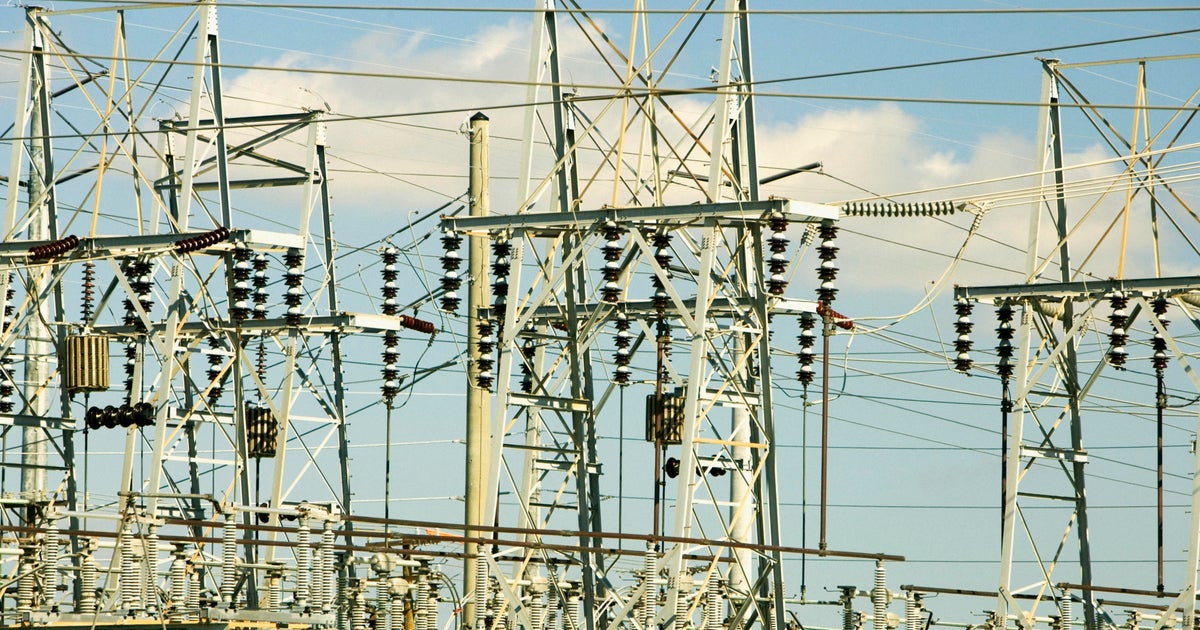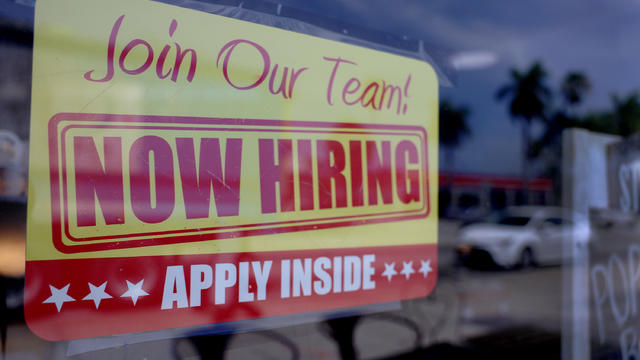

Florida Residents Face Potential $10 Billion Utility Rate Hike: What You Need to Know Florida residents could be facing a substantial increase in their utility bills, with a proposed $10 billion rate hike currently under consideration. This potential increase, driven primarily by Florida Power & Light (FPL) and other major utilities, is sparking significant concern and debate across the state. Understanding the reasons behind the proposed hike and its potential impact is crucial for every Floridian. Why the Proposed Rate Hike? Several factors contribute to the proposed $10 billion increase: Hurricane Recovery and Infrastructure Improvements: A significant portion of the proposed increase aims to cover the costs of repairing and upgrading infrastructure damaged by recent hurricanes. Utilities argue that strengthening the grid to withstand future storms is essential, preventing widespread outages and costly repairs in the long run. This includes investing in more resilient power lines, substations, and other critical components. Investments in Renewable Energy: Utilities are increasingly investing in solar and other renewable energy sources. While this is seen as a positive step towards a cleaner energy future, these investments represent substantial upfront costs that are often passed on to consumers through rate increases. Increased Fuel Costs: The fluctuating price of natural gas, a primary fuel source for many power plants, has significantly impacted utility costs. These rising fuel costs are directly reflected in the proposed rate increase. Return on Investments: Utility companies also seek a fair return on their investments in infrastructure and new technologies. Regulators must balance the need for reasonable profits with the affordability of services for consumers. What This Means for Florida Residents: A $10 billion rate hike translates to a substantial increase in monthly utility bills for millions of Floridians. The exact impact will vary depending on individual usage, location, and the specific utility provider. However, even a modest percentage increase on already rising energy costs could place a significant strain on household budgets. What's Next? The proposed rate hike is currently undergoing review and scrutiny by the Florida Public Service Commission (PSC), the state agency responsible for regulating utilities. The PSC will hold public hearings and assess the justifications provided by utility companies before making a final decision. Consumers are encouraged to participate in these hearings and voice their concerns. What You Can Do: Stay Informed: Follow the PSC proceedings and news reports on the rate hike proposal. Understand the arguments from both utilities and consumer advocacy groups. Attend Public Hearings: Participate in public hearings to express your concerns directly to the PSC. Contact Your Representatives: Reach out to your state representatives and senators to urge them to advocate for consumers and ensure a fair and reasonable rate increase. Consider Energy Conservation: Implementing energy-efficient practices at home can help mitigate the impact of any price increase. The proposed $10 billion utility rate hike represents a significant challenge for Florida residents. Active participation and informed advocacy are crucial to ensuring a fair outcome that balances the need for infrastructure improvements and affordable energy for all Floridians.

Florida's biggest utility company is proposing a nearly $10 billion rate hike for electricity over the next four years, which environmental advocates say would represent the largest utility hike in U.S. history.
Florida Power & Light Company (FPL), a subsidiary of Florida-based energy company NextEra Energy, outlined the changes in a filed in February with the Florida Public Service Commission, which regulates the state's electric industry. According to the document, the rate hike would include two base rate increases in 2026 and 2027, and additional hikes in 2028 and 2029 to cover the installation of solar generation and battery storage facilities.
The proposed hike would exceed the total sum of hikes state utility regulators signed off on in 2023, which was $9.7 billion, to the U.S. Energy and Information Administration.
The Public Service Commission has held several in-person customer service hearings on the proposed utility rate increase, in addition to two virtual hearings, in order to give customers a chance to voice their concerns. FPL will have an opportunity to defend its proposal when it goes before the commission at a two-week slated to begin on Aug. 11. The regulatory body will then decide on whether or not to approve the proposed rate hike.
FPL contends that the increases are necessary to ensure the reliability of the grid, diversify their energy sources and reduce fuel costs.
"Our four-year rate proposal would enable FPL to continue to deliver some of America's most reliable electricity while keeping customer bills well below the national average," an FPL spokesperson said in an email to CBS MoneyWatch. "While we know that no one welcomes rate increases, this request is essential to ensure that we can continue to deliver the reliable, low-cost electricity our customers depend on.
The proposal comes less than a year after the Florida Public Service Commission $1.2 billion in rate hikes to pay for "storm restoration costs," a move environmental advocates say has jacked up monthly bills for Floridians. The last time the state's public service commission approved a base rate hike for FPL was in 2021, when it green lit a nearly $5 billion increase for the years 2022 to 2025.
Environmental groups say the rate hike, if passed, could cause Floridians significant financial strain, exacerbate the state's , and funnel more money than necessary to FPL stakeholders.
"This isn't about reliability or infrastructure," Brooke Ward, senior Florida organizer for Food & Water Watch, a U.S. nonprofit focused on sustainable food, clean water and a livable climate, said during a virtual press conference hosted by environmental groups on Tuesday. "It's about boosting profits."
If passed, the proposal could push up Floridians bills by over $360 by the end of 2027, Food & Water Watch .
"These rate increases fall heaviest on the region's most vulnerable households, especially the elderly and disabled," Mark Wolfe, executive director of the National Energy Assistance Directors Association, said in an email to CBS MoneyWatch. "If it can ask for an additional $10 billion, it should include provisions to help low-income families afford the resulting higher cost of electricity."
FPL says in its proposal that the typical residential customer bill is "estimated to increase at a compound annual growth rate of 2.5%" and that it would "remain approximately 25% below the projected national average." According to estimates FPL shared with CBS MoneyWatch, with the rate hike, customer bills would increase by $10 to $20 by 2029.
At the virtual meeting on Tuesday, Ward claimed the FPL is using "funny math" to make it seem like FPL is raising rates at a lower level than they are. In addition to base rates, the utility has multiple mechanisms to collect additional funds from rate payers which "rapidly hike up those bills," she alleged.
Advocates such as the Florida Office of Public Counsel, the agency representing Florida residents in legal proceedings before the Public Service Commission, claim a disproportionate amount of the money from the rate hikes would be funneled to shareholders. According to from Daniel Lawton, an economist tasked by the FOPC with reviewing the proposal, "for every dollar paid by consumers in base rates, about 50 cents would go to shareholders and related federal income taxes."
Lawton called the shareholder profit request a "substantial overreach" and said it would result in "excessive rates and harms all Florida customers."
In her testimony for the company, FPL Senior Director Financial Forecasting Ina Laney said Lawton's analysis was "fundamentally flawed and misleading," and that it "fails to recognize the significant customer benefits derived from FPL's financial strategy."
Added Laney, "FPL consistently achieves industry-leading performance in service reliability and cost management."





